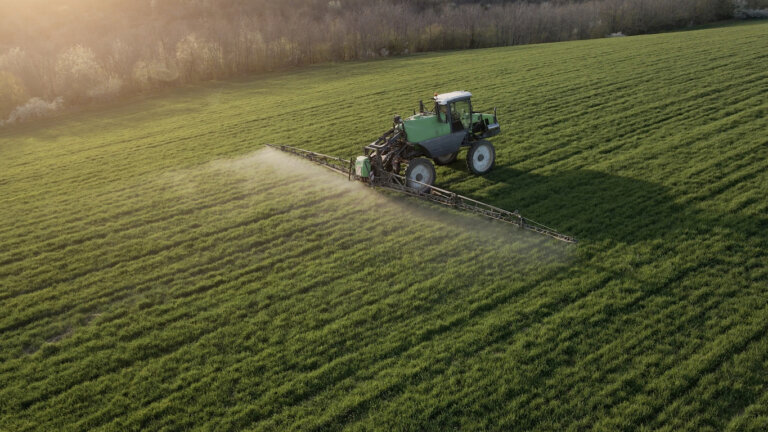Toxic torts are a specialized type of personal injury case that alleges that a harmful substance injured a person. The lawsuit could involve herbicides like RoundUp, dangerous chemicals in drinking water like the Camp Lejeune contaminated wells, or prescription drugs that cause unexpected side effects.
Toxic torts are sophisticated litigation that you will not want to tackle on your own without toxic tort attorneys working with you. The defendant will hire a team of lawyers to defend aggressively against your toxic tort claim. This blog will discuss the science behind toxic tort cases: how experts help prove your case.
What You Have to Prove in a Toxic Tort Case
In its most basic form, a toxic tort case says that the chemical caused harm to the plaintiff, and the defendant company should have to pay the plaintiff for their injuries and losses. The plaintiff will have to prove factors like these:
- The chemical was dangerous
- The plaintiff got exposed to the chemical
- The plaintiff suffered an injury from the exposure to the chemical
- This defendant made the chemical that injured the plaintiff
There can be additional things that the plaintiff must prove, depending on the circumstances of the individual toxic tort case.
Causation Can Involve Multiple Factors
The plaintiff will have to establish that the chemical substance caused the harm they suffered. Usually, a layperson cannot provide the reliable scientific evidence needed to satisfy the judge and jury on the causation questions. This is why plaintiffs usually work with expert witnesses in toxic tort cases. Of course, the defendants hire their own expert witnesses who will attempt to refute the allegations of the plaintiff’s expert witnesses.
Sometimes, the defendant will argue that something else might have caused the harm the plaintiff blames on the chemicals in question. In a situation like this, the defense will hire expert witnesses who can testify about other possible causes of the plaintiff’s injuries.
Expert Witnesses and Their Role
Expert witnesses in toxic tort cases have specialized education, training, or experience that the average person would not possess. These credentials must be relevant to the subject of their testimony.
For example, the judge would be unlikely to allow a pediatrician to testify about conditions that affect the elderly.
Types of Toxic Tort Experts
Toxic tort expert witnesses can include:
- Medical doctors to testify about diseases caused by exposure to certain chemicals,
- Chemists who can explain the different chemical compounds that can result when a substance breaks down,
- Researchers who performed studies on whether a particular substance is a likely carcinogen.
Sometimes, the case turns on which expert the jury believes. The plaintiff and defendant might offer conflicting expert witness testimony. The credentials of the experts will have to withstand the scrutiny of the judge before the professionals will get qualified to testify as experts. The judge might restrict an expert from testifying about specific topics.
Also, an expert is supposed to present reliable scientific evidence that supports their testimony about things like causation. Let’s say that the expert used a new, relatively unproven lab test to back up their conclusions. The judge could hold a “science day” without the jury in attendance to let the expert witnesses present their arguments.
Contact a Toxic Tort Attorney Today
Our toxic tort attorneys will be happy to talk with you about your personal injury case. Reach out to our office today for help with your case.

